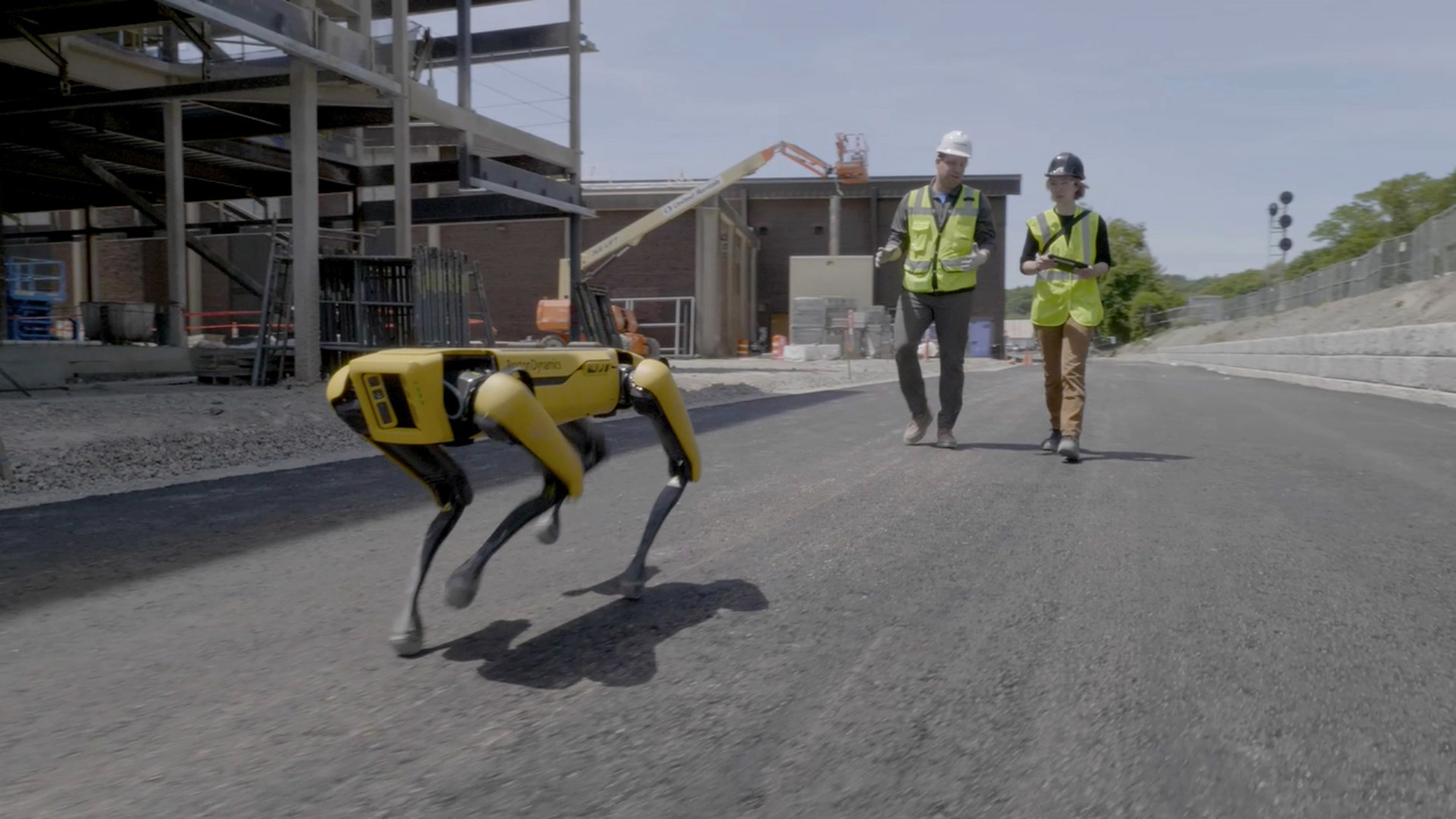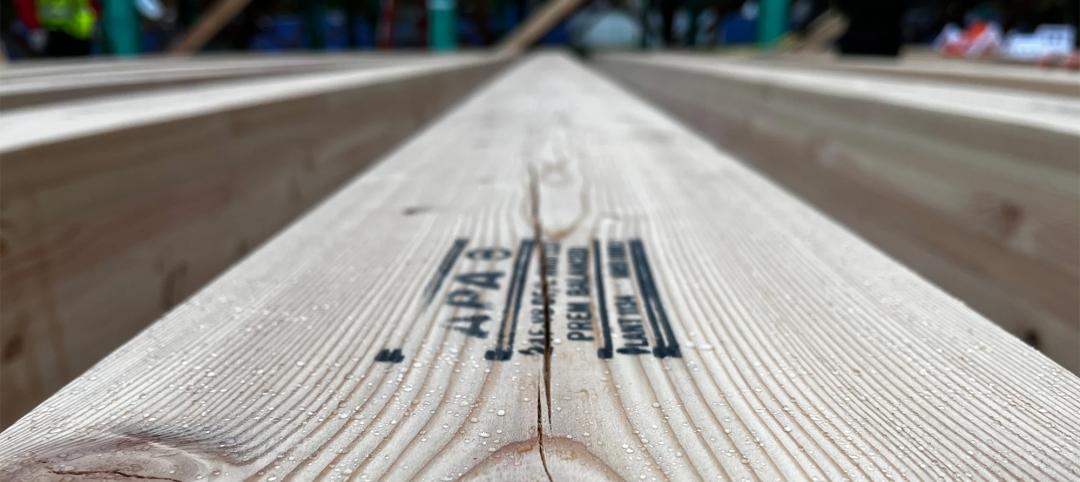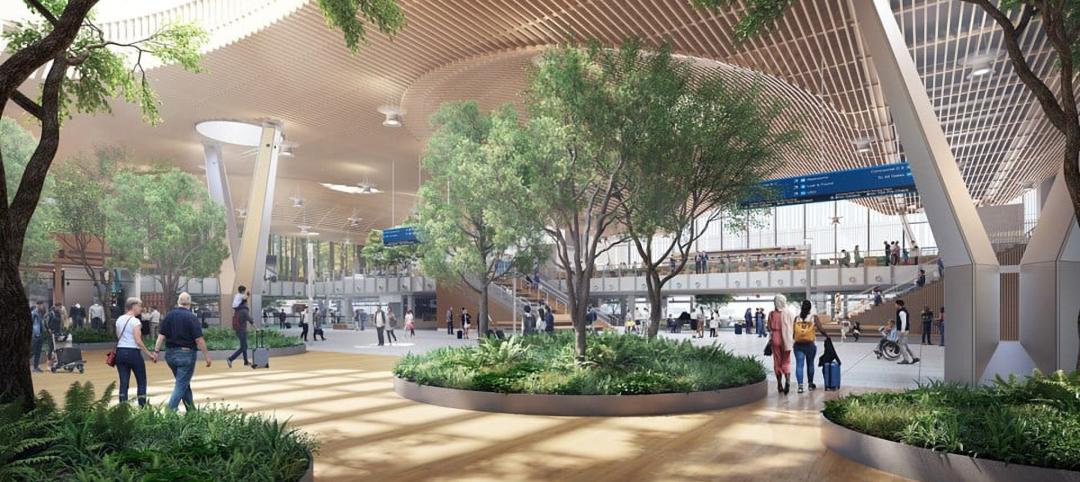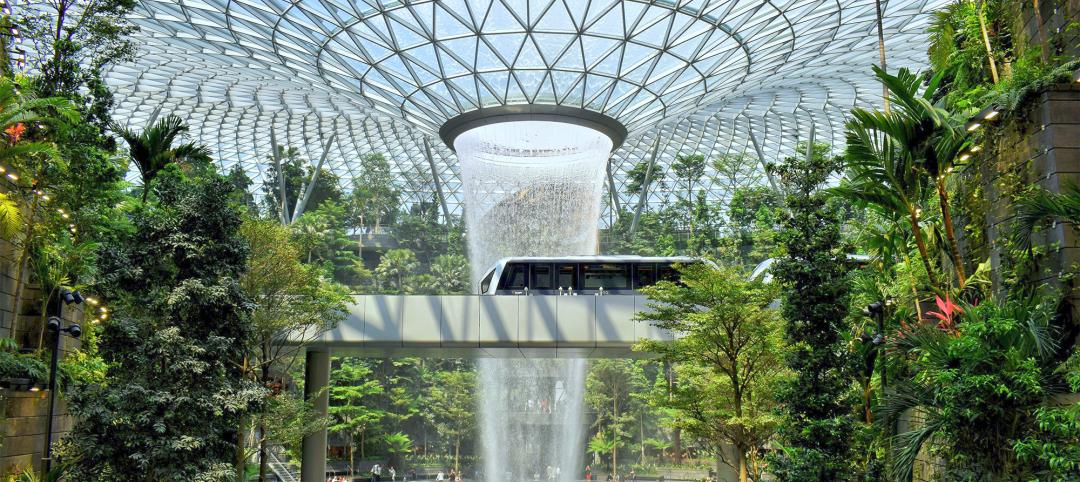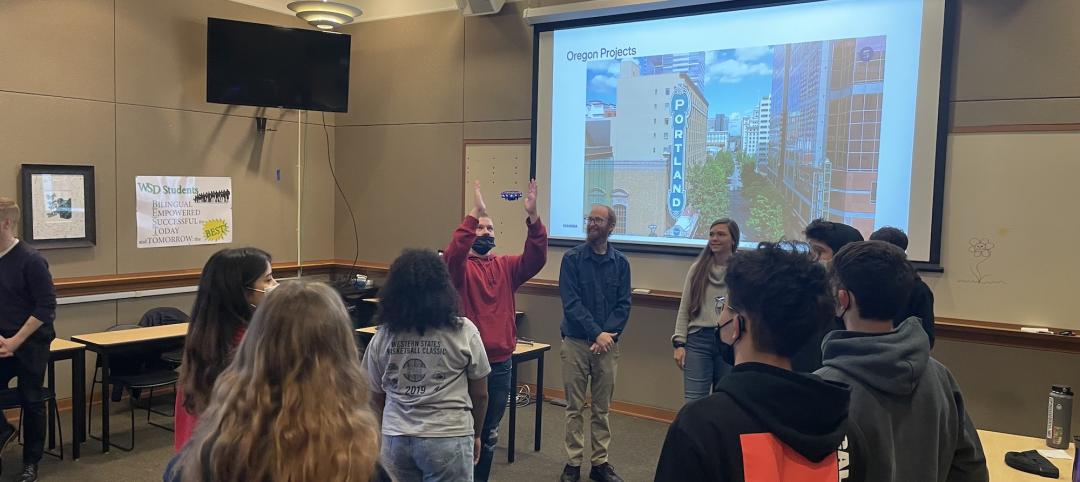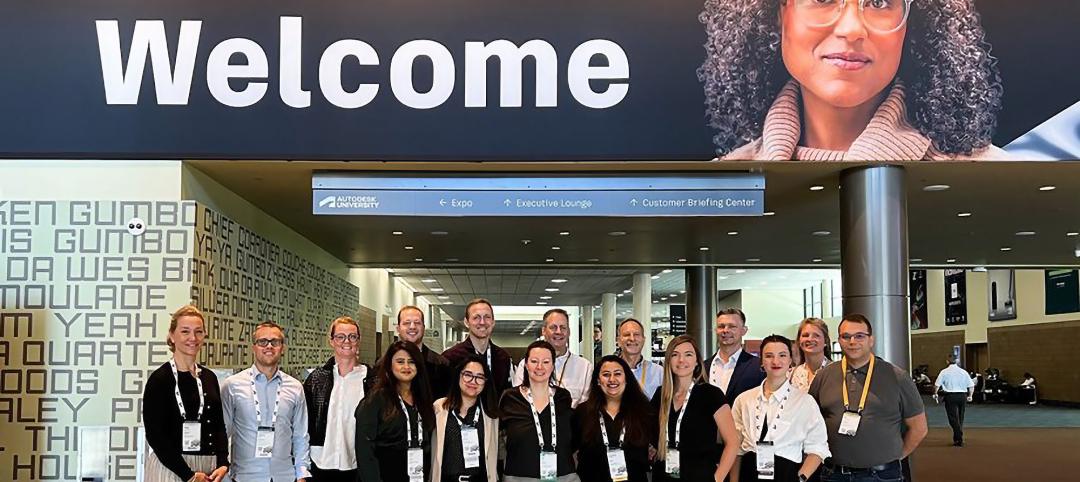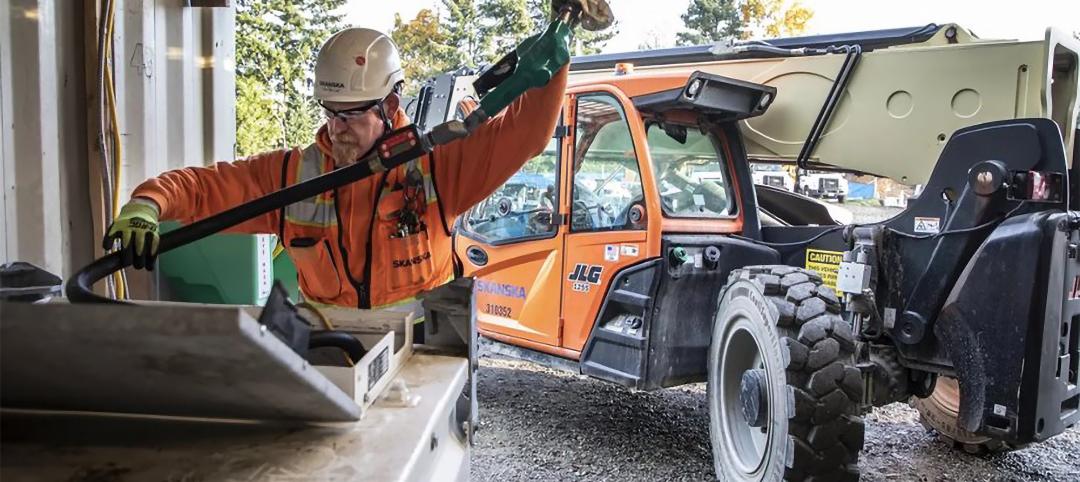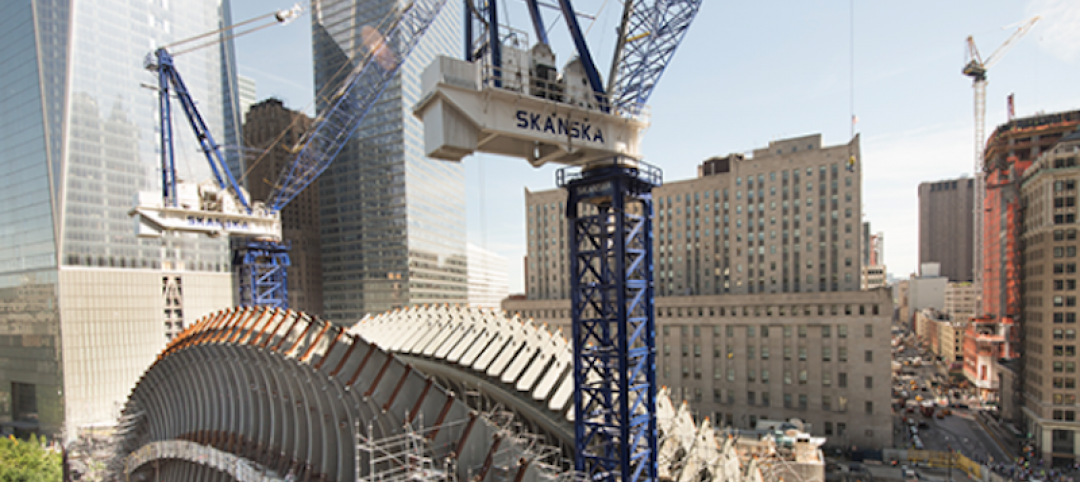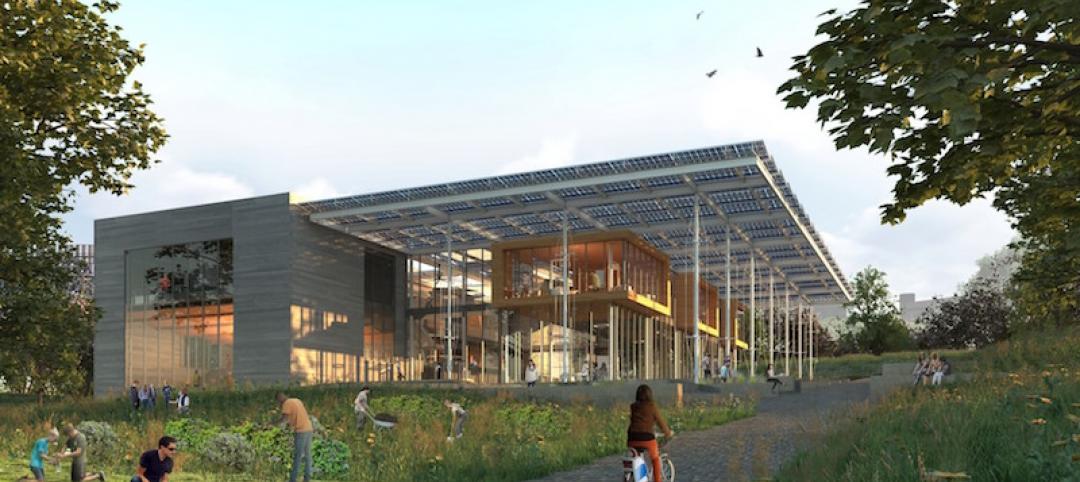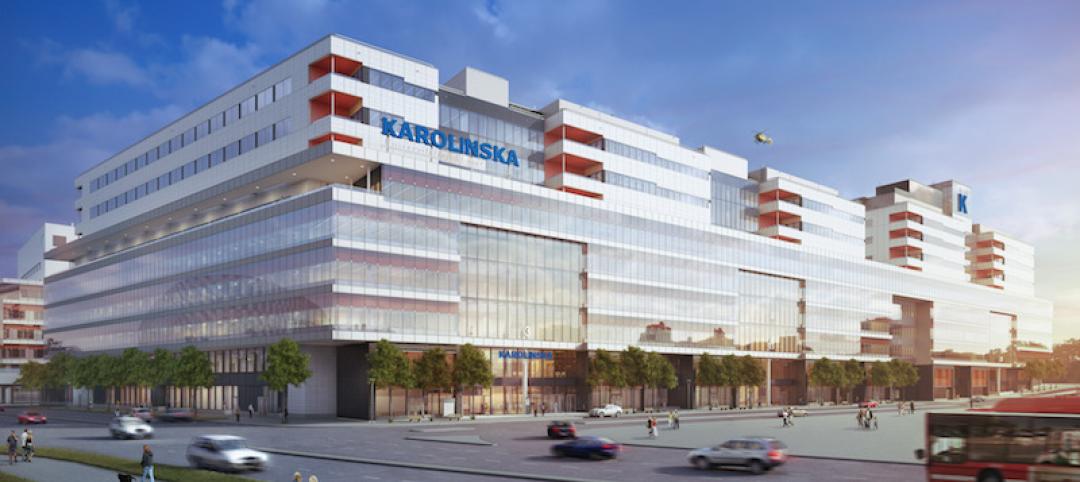Trips and falls, falling objects, or cuts can often be avoided by routine housekeeping. This includes cleaning up debris, properly storing tools and materials, eliminating hazards and keeping extension cords clear of walkways.
Housekeeping is an important indicator of project health and can be a huge contributing factor for our safety records on site.
Currently, there’s a lack of consistency in how we manage and track housekeeping on jobsites.
What if we could increase consistency and efficiency with housekeeping by automating this process with a robot?
That’s where Spot comes in.
A collaboration with Autodesk and Boston Dynamics
Skanska was first introduced to Spot in August 2021 when Autodesk Research and Boston Dynamics put out a call for research proposals.
They were looking for novel use cases with Spot on construction projects. How could this robot be used in more advanced applications beyond photo capturing or laser scanning?
After a two-day workshop at the Autodesk Technology Center in Boston that brought together individuals from Skanska, Autodesk Research and Boston Dynamics to ideate and prioritize various use cases for Spot, we landed on housekeeping as the primary use case.
Skanska was then given a six-month research and testing period to utilize Spot in a controlled environment.
Our team wanted to evaluate Spot’s agility both inside a lab and on a real jobsite. How would workers react to Spot walking on their project?
Over the course of our research and testing period, we realized the value that Spot brought to a jobsite from a housekeeping perspective, as well as Spot’s limitations.
To learn more about our findings, watch our series of videos below.
About Skanska USA
At Skanska, we build for a better society. From hospitals to stadiums, airports to corporate headquarters, and power plants to tunnels and bridges, the important buildings and infrastructure we create help heal, transport, entertain and energize communities.
More from Author
Skanska | Sep 26, 2024
5 lessons in water mitigation for mass timber projects
Sustainability leaders from Skanska, RDH, and Polygon share five tips for successful water mitigation in mass timber construction.
Skanska | May 6, 2024
The benefits of biophilic design in the built environment
Biophilic design in the built environment supports the health and wellbeing of individuals, as they spend most of their time indoors.
Skanska | Dec 4, 2023
4 key innovations and construction trends across airport design
Here are some of the key trends Skanska is seeing in the aviation sector, from congestion solutions to sustainability.
Skanska | Jun 29, 2023
K-12 school construction: 5 ways strong community relations can lead to success
When constructing a K-12 school, building positive relationships with the community—including students, parents, school staff and residents—is critical to the success of the project. Here are five ways Skanska puts the community first when building K-12 schools in the Pacific Northwest.
Skanska | Jan 27, 2023
Key takeaways from Autodesk University 2022
Autodesk laid out its long-term vision to drive digital collaboration through cloud-based solutions and emphasized the importance of connecting people, processes and data.
Skanska | Dec 5, 2022
5 ways sustainability professionals can help reduce construction's carbon footprint
Mark Chen, Sustainability Manager at Skanska, has found five specific ways to help the construction industry reduce its carbon footprint.
Skanska | Jul 5, 2022
Tour the new Patricia Reser Center for the Arts in Oregon
This month, the community of Beaverton, Oregon, welcomed a new haven for artistic expression with the opening of Patricia Reser Center for the Arts (The Reser).
Skanska | Jun 22, 2018
What owners should know before choosing the design-build project delivery method
Outside of drawing up a well-written contract, owners often overlook a key attribute that can significantly impact the success of a design-build project, writes Skanska’s Julie Hyson.
Skanska | Dec 7, 2017
Busting the myths: What the “S-word” can mean for construction and development
Sustainability, it’s a trendy term. The problem, however, is that it’s being used in so many different ways that people don’t even know what it means anymore.
Skanska | Aug 15, 2016
Future proofing hospitals
By improving the physical layout of hospitals and medical facilities, we can enhance and increase safety mechanisms, improve care, and help reduce the exposure to medical errors, writes Skanska USA's Andrew Quirk.

